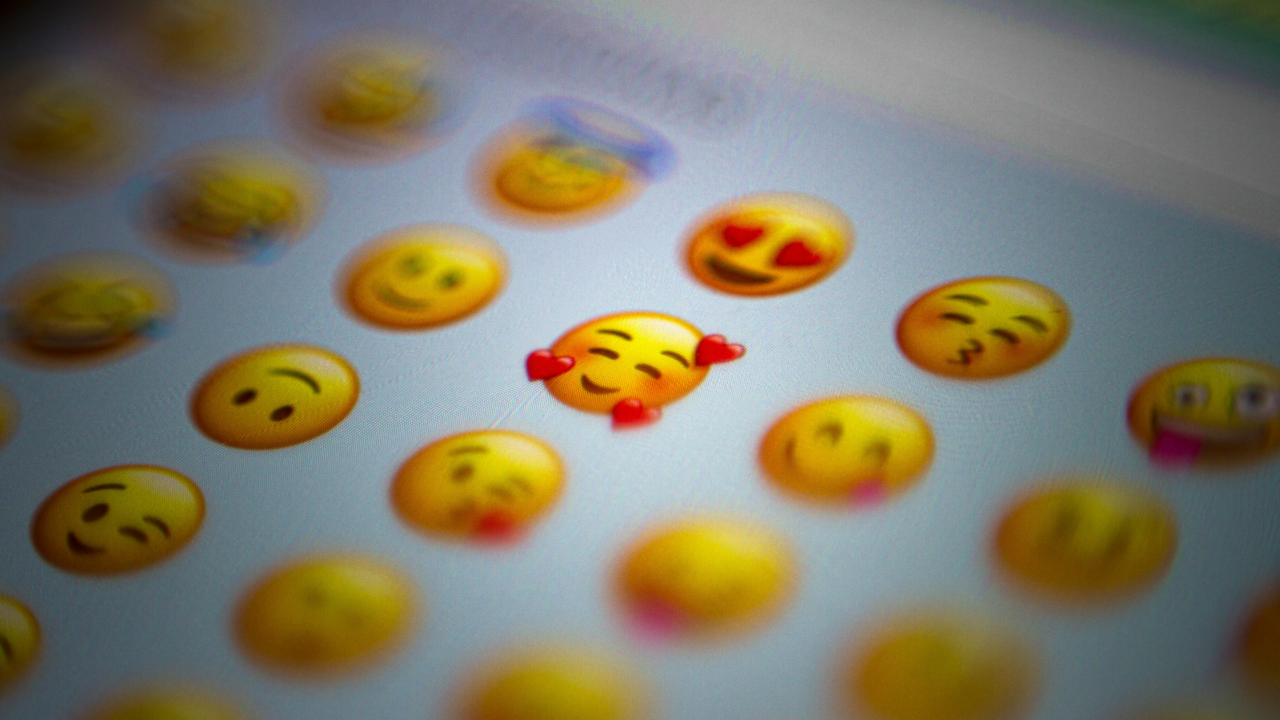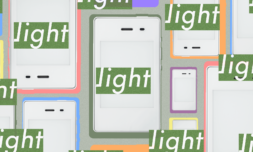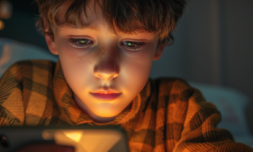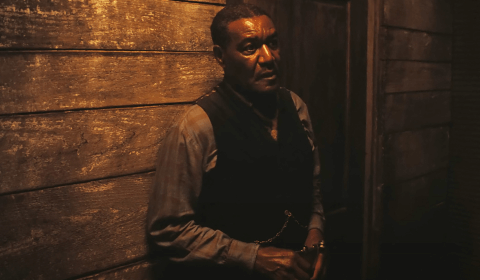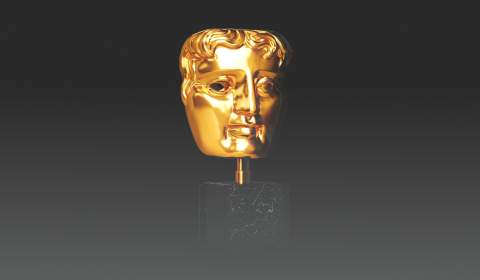In an age where typed out texts and DMs dominate our means of communication, is answering a phone call a real fear for young people?
The haunting bells of an incoming call ignite the room. You reach for your device only to find an unknown number. In a blazing frenzy, you come to a stand and begin to contemplate. Who is it? What do they want? Why me?
You launch the phone to ring out its days in the crease of the sofa. Once silence restores the room, you beckon the phone once more, only, this time, to send the curiously ambiguous follow-up message: Hello?
Gen Zs and younger millennials are stuck in a bind. We live in a world with so many alternative modes of exchanging pleasantries; engaging our voice boxes and ears and chatting through the power of electronic signals almost feels archaic.
In all its technological glory, the smartphone has given us the power to do almost anything we desire from a glass keypad. We search quicker; we communicate more efficiently; we scroll, well, forever, if you so desire. Our smartphones are quite possibly the most significant and most impactful advancement of our generation, and they only seem to be ascending.
As is the case for most advancements, something eventually must give. If communicating is so effortlessly exercised, why cling to old ways? Which, to this generation, imbues a discomfort and unease like no other.
I’d say I fit the bill for this cohort. I’m on the fringes of the millennial demographic but also share a lot of behavioural qualities with Gen Zs. I remember hefty landlines joined to the wall by an unfurling cable. I remember friends calling me on that landline to arrange plans. I still, to this day, remember the number of that landline, as it was etched into memory like names and manners.
This is why we should all get land lines. Some of you don’t even know what a landline is.
Gather ’round and let me tell you about the days of yore when we had to hide in the closet to talk to our friends on the phone after screaming “DAD, I GOT IT. HANG UP!”
— Imani Gandy (Orca’s Version) ⚓️ (@AngryBlackLady) February 22, 2024









